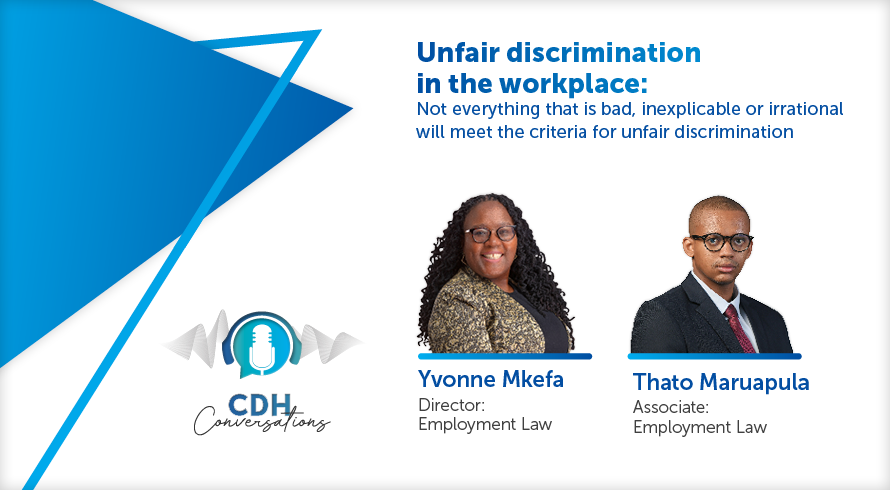Immunity for full disclosure
In the SCA case of Agri Wire (Pty) Limited and The Commissioner of the Competition Commission and others (SCA Case 660/2011), the Court found that the Competition Commissioner may grant immunity under the Corporate Leniency Policy (“CLP”) to a firm that makes full disclosure to the Commission of a cartel contravention and co-operates with the Commission in the prosecution of the contravention.
It was argued before the court that the Commission did not have the power under the Competition Act to grant such immunity and that the most it could do was to “promise not to seek adjudication involving the imposition of administrative penalties”; however “this did not prevent the Tribunal from imposing such a penalty”.
The Court noted that: “We venture to suggest that the CLP would be far less effective, if not entirely useless, if it contained a disclaimer to the effect that the Commissioner would not seek an order against the party seeking leniency, but that the Tribunal would be free to impose such administrative penalty as the Act permitted against them.”
The Court based its decision not on an explicit provision of the Competition Act that the Commission is entitled to grant immunity but based on a “purposive” interpretation of the Competition Act. According to the Court, the Commissioner has the power to grant immunity because the purpose of the Competition Act is to promote competition, promote market transparency and investigate and evaluate alleged contraventions of the Act. Since the purpose of the CLP is to assist in breaking up cartels, so the reasoning goes, it falls within the Commissioner’s power to adopt and implement the CLP.
While the purposive interpretation of legislation is a powerful tool, it creates room for varying interpretations and uncertainty. Many questions remain unanswered, such as: whether third parties have the right to claim damages once immunity has been granted; whether the refusal by the Commission to grant immunity, when the requirements of the CLP have been met, can be challenged through review proceedings under administrative law and how due process is protected when an application for immunity is entirely within the discretion of the Commissioner and not open to outside scrutiny.
By contrast, the Act deals with the procedure for concluding “consent orders” with the Commission, which generally involves the payment of an administrative penalty, with or without the admission of liability. This is clearly dealt under section 49D of the Competition Act and this section preserves the rights of the complainant to be heard and claim damages in circumstances where the extent of the leniency that is granted to the respondent is less far-reaching than the immunity contemplated under the CLP. In time, no doubt, these matter will be ventilated before our courts.
The information and material published on this website is provided for general purposes only and does not constitute legal advice. We make every effort to ensure that the content is updated regularly and to offer the most current and accurate information. Please consult one of our lawyers on any specific legal problem or matter. We accept no responsibility for any loss or damage, whether direct or consequential, which may arise from reliance on the information contained in these pages. Please refer to our full terms and conditions. Copyright © 2025 Cliffe Dekker Hofmeyr. All rights reserved. For permission to reproduce an article or publication, please contact us cliffedekkerhofmeyr@cdhlegal.com.
Subscribe
We support our clients’ strategic and operational needs by offering innovative, integrated and high quality thought leadership. To stay up to date on the latest legal developments that may potentially impact your business, subscribe to our alerts, seminar and webinar invitations.
Subscribe




